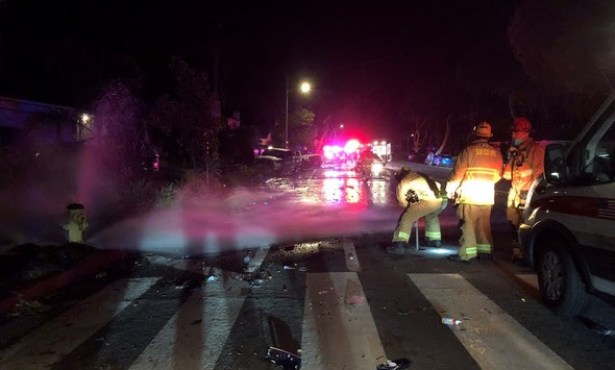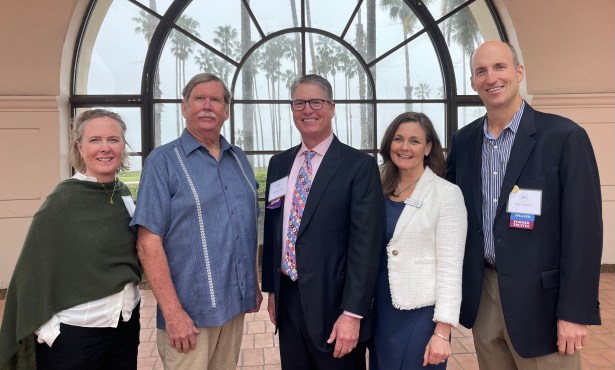On Canaan and the Promised Land
Taylor Branch is the Pulitzer Prize-winning author of a
three-book series on Martin Luther King and the Civil Rights
movement. At Canaan’s Edge: America in the King Years, 1965-68, the
third and final installment, has just been published by Simon &
Schuster. Before his free lecture this Sunday at Victoria Hall,
Branch gave The Indy a sneak peek into MLK’s world.
King was a staunch advocate of nonviolence. To what degree was
his stance moral, and to what degree was it pragmatic? It was above
all a moral stance — nonviolence was a core belief central to both
his civic and his spiritual faith. He saw nonviolence as the heart
of democracy. That’s what the American Revolution was — to change
politics from monarchs and dictators and systems predicated on
violence to systems predicated on consent. So he saw nonviolence as
the heart of democracy. … Of course it was also pragmatic — if
black people or any other group were to try to mount warfare
against the United States it would have no moral appeal and it
would have no practical prospects.
How would King feel about Iraq? There is a strong echo of
Vietnam in Iraq. [King] felt that violence was not the way to
promote democracy because democracy is about creating a sense of
respect and kinship within a diverse citizenry, and violence is
just the opposite. Violence is about command and subjugation; it’s
a way of dehumanizing people. … [King] said very explicitly that
violence is antithetical to democracy and therefore not a good way
to foster it. The best way to foster democracy is to practice
it — at home and abroad.
At Coretta Scott King’s funeral, Jimmy Carter directly alluded
to the current NSA spying controversy by talking about how hard it
was on King that the FBI secretly wiretapped him for years. Is that
fair? Absolutely. The issues from that time are relevant today,
they’re not just dusty issues. What was remarkable back then was
that there were many times when Lyndon B. Johnson was doing his
best to shut down those wiretaps. … But [FBI Director J. Edgar]
Hoover outmaneuvered him. He said, in what could be a motto for
what’s going on now, “To the degree that our knowledge is reduced,
our effectiveness is reduced.” Which is essentially saying that we
[the government] should be the judge of what we need to know, and
nobody else should second-guess us. Which is more or less against
the fundamental principles of the whole American Revolution. Your
book is titled At Canaan’s Edge. King said he had seen the Promised
Land. How far have we progressed since his death? All my titles are
from Exodus. King, like Moses, said he was not allowed to get to
the Promised Land, only to the edge of Canaan. I think in some
respects we’ve gone a long way toward Canaan, toward the Promised
Land. Most of [the steps] we kind of take for granted. There is no
real sense of racial terror now the way there was during [King’s]
time, when people would get killed and sometimes the sheriffs
themselves would be implicated in it. There’s a tremendous
acceptance of black people in the middle class. The idea of a black
secretary of state and chairman of the joint chiefs of staff like
Colin Powell was unheard of then. … In other ways, we’ve lost the
great citizens’ movement for public service, and we’ve lost a
public discourse that really struggles with what democracy means as
valiantly and as fundamentally as people did back then when they
offered such hope in the midst of such dire circumstances. Now I
think our discussion of democracy and citizenship is stunted. It’s
atrophied compared to what it was when King was talking about the
great promise of American democracy.



